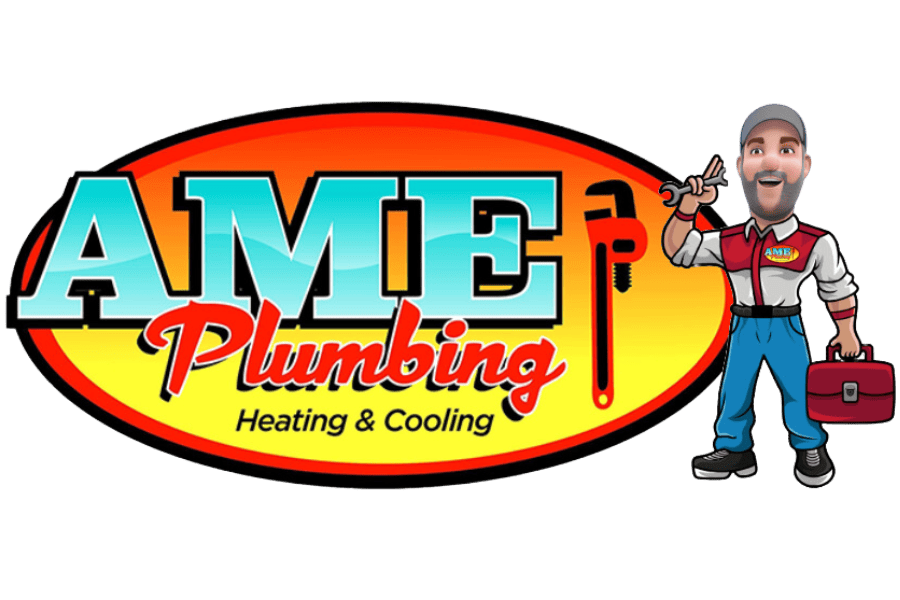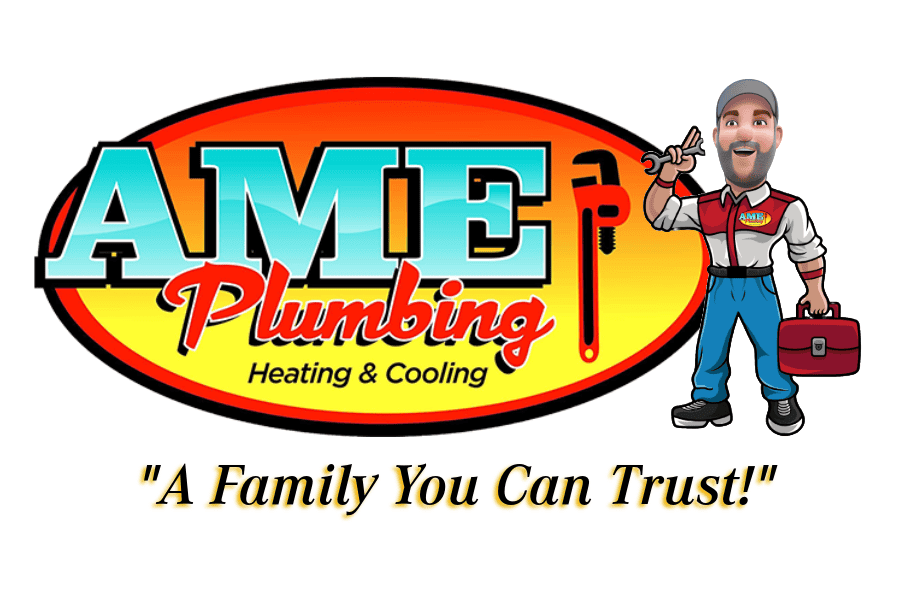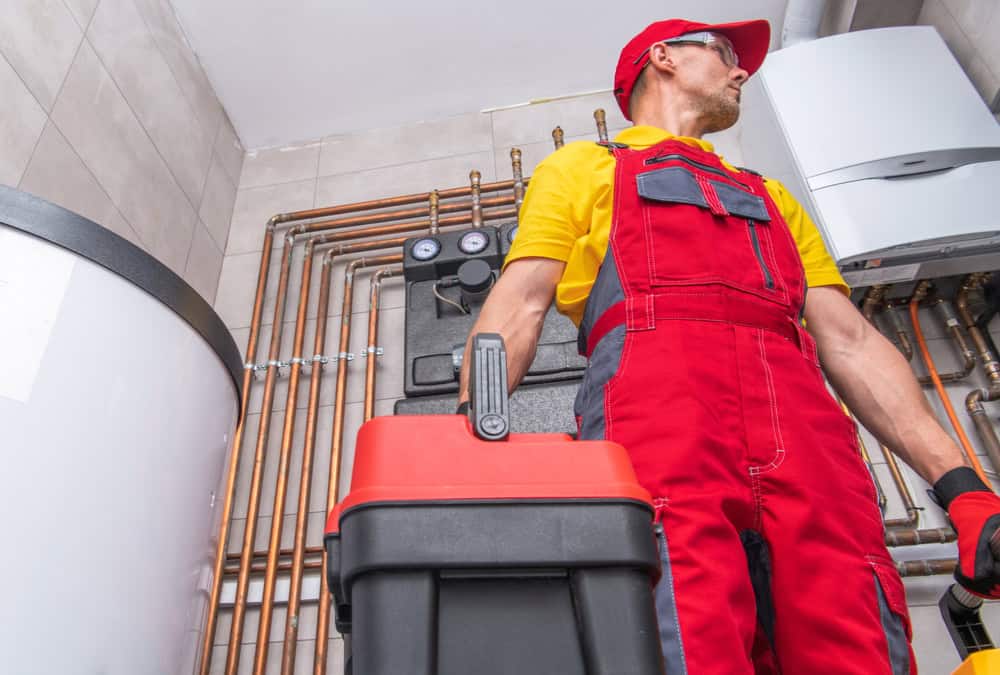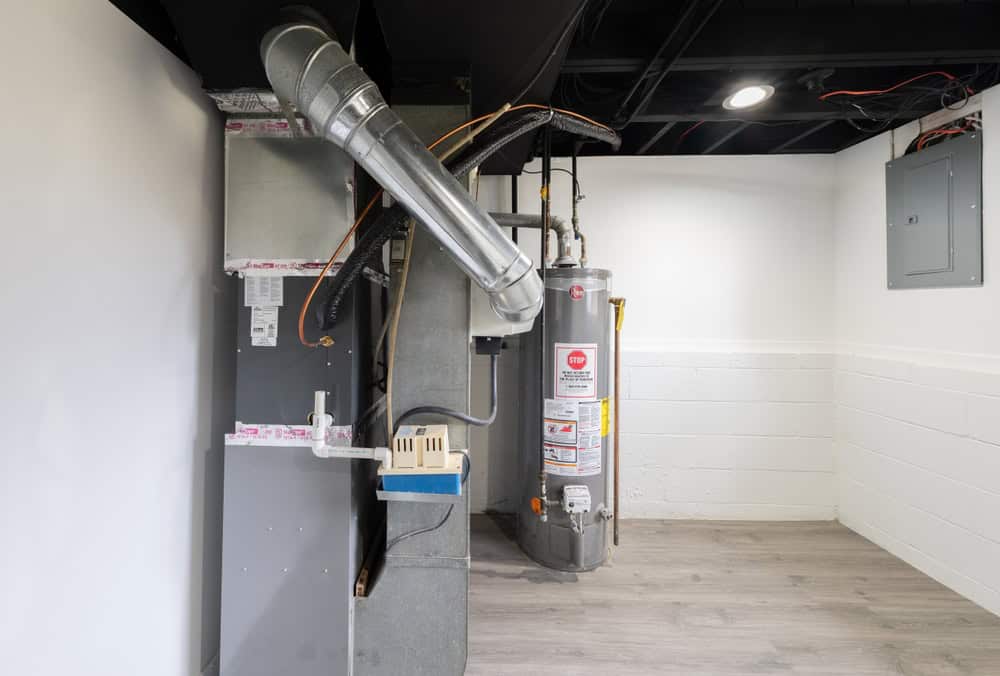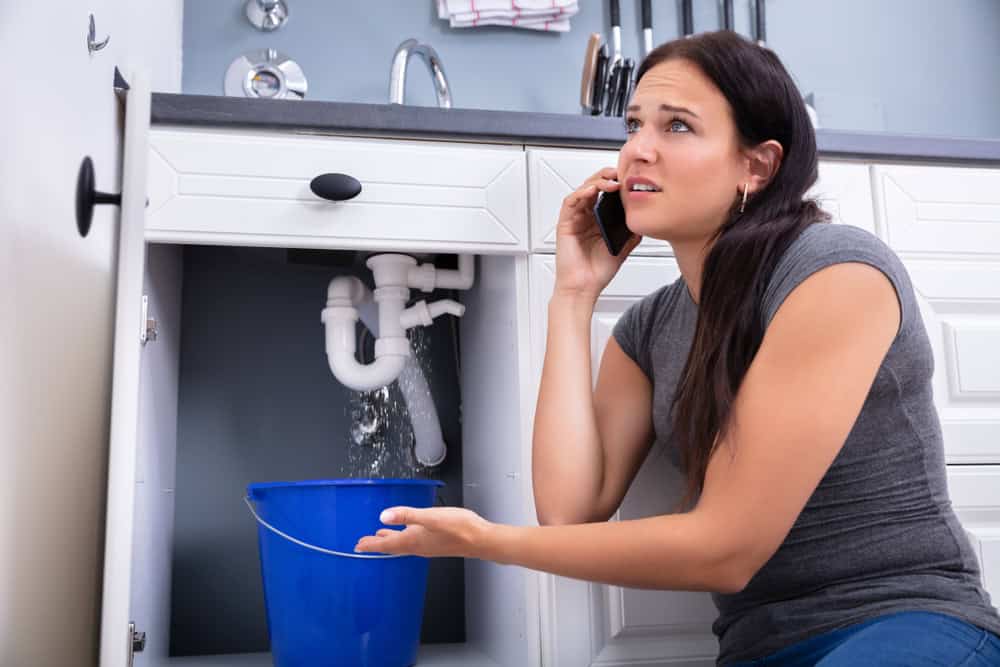Summary:
Scale and System Complexity Differences
The most obvious difference between commercial and residential plumbing lies in sheer scale. Your home might have two bathrooms and a kitchen. A commercial building could have dozens of restrooms, multiple floors, and hundreds of people using the system daily.
This scale difference creates entirely different challenges. Residential systems are straightforward—water comes in, waste goes out, and repairs usually affect just one area of your home. Commercial systems require intricate networks of pipes, valves, and pumps designed with redundancy to prevent total shutdowns.
Water Pressure and Distribution Challenges
Getting water to the top floor of a 20-story office building isn’t the same as supplying your second-floor bathroom. Commercial plumbing systems need sophisticated pressure-boosting systems and regulators to ensure adequate water flow throughout multi-story buildings.
In residential settings, municipal water pressure usually handles your home’s needs without additional equipment. The water travels short distances through relatively simple pipe networks. Commercial buildings often require pressure zones, where different sections of the building operate at different pressures to manage the load effectively.
This complexity means commercial plumbers need specialized knowledge about pressure calculations, booster pump systems, and zone management. They’re essentially managing a small water utility within each building. Residential plumbers focus more on fixture repairs, drain cleaning, and straightforward installations that don’t require complex pressure management.
The difference becomes critical during repairs. A pressure issue in a commercial building might affect hundreds of employees and customers. In your home, it’s an inconvenience for your family. This urgency drives different service approaches and response times.
Materials and Durability Requirements
Getting water to the top floor of a 20-story office building isn’t the same as supplying your second-floor bathroom. Commercial plumbing systems need sophisticated pressure-boosting systems and regulators to ensure adequate water flow throughout multi-story buildings.
In residential settings, municipal water pressure usually handles your home’s needs without additional equipment. The water travels short distances through relatively simple pipe networks. Commercial buildings often require pressure zones, where different sections of the building operate at different pressures to manage the load effectively.
This complexity means commercial plumbers need specialized knowledge about pressure calculations, booster pump systems, and zone management. They’re essentially managing a small water utility within each building. Residential plumbers focus more on fixture repairs, drain cleaning, and straightforward installations that don’t require complex pressure management.
The difference becomes critical during repairs. A pressure issue in a commercial building might affect hundreds of employees and customers. In your home, it’s an inconvenience for your family. This urgency drives different service approaches and response times.
Codes, Regulations, and Compliance Requirements
Commercial and residential plumbing operate under different regulatory frameworks. While both must meet safety standards, commercial systems face stricter requirements due to public health concerns and building occupancy levels.
New Jersey’s Uniform Construction Code applies to both sectors, but commercial buildings often have additional requirements for accessibility, fire safety, and health department compliance. These regulations affect everything from fixture placement to pipe sizing and emergency shutoff procedures.
Health and Safety Code Differences
Commercial plumbing systems must meet stringent health codes that don’t apply to residential properties. Restaurants need grease traps and specialized drainage systems. Medical facilities require backflow prevention and water quality monitoring. Office buildings need accessible fixtures and emergency protocols.
These requirements go beyond basic plumbing installation. Commercial plumbers must understand how their work affects building occupancy permits, health department inspections, and insurance requirements. They need to coordinate with other trades and ensure compliance with Americans with Disabilities Act requirements.
The inspection process differs significantly too. Residential plumbing inspections focus on basic safety and code compliance. Commercial inspections involve multiple agencies and detailed documentation. A commercial plumber must understand permit requirements, inspection schedules, and how to work within complex project timelines.
Failure to meet these requirements can shut down a business or prevent occupancy permits. This creates pressure for commercial plumbers to get installations right the first time and maintain detailed records of their work.
Maintenance and Emergency Response Protocols
When your home’s toilet clogs, it’s annoying. When a commercial building’s main sewer line backs up, it can affect hundreds of people and potentially close the business. This difference drives entirely different maintenance approaches and emergency response protocols.
Commercial plumbing systems require preventive maintenance schedules that residential systems don’t need. Regular drain cleaning, system inspections, and equipment servicing prevent small problems from becoming major disasters. Many commercial buildings have maintenance contracts that include quarterly inspections and priority emergency response.
The tools and techniques also differ. Commercial plumbers use specialized equipment like high-pressure water jetting systems, video inspection cameras, and industrial-grade drain cleaning equipment. They need to work quickly and efficiently to minimize business disruption while ensuring lasting repairs.
Emergency response becomes critical in commercial settings. A plumbing failure during business hours affects productivity, customer experience, and revenue. Commercial plumbers often work outside normal hours to avoid disrupting operations, and they need to coordinate with building management and other contractors to minimize impact.
Choosing the Right Plumbing Professional for Your Needs
Understanding these differences helps you make better decisions when plumbing problems arise. Residential issues need plumbers who understand home systems and can work efficiently in occupied spaces. Commercial problems require specialists who understand complex systems, regulatory requirements, and business continuity needs.
The key is matching the right expertise to your specific situation. A residential plumber might struggle with a commercial building’s pressure systems, while a commercial specialist might be overkill for a simple home repair. Look for contractors who clearly understand your type of property and have relevant experience.
When you need reliable plumbing services in Monmouth County, NJ, we at AME Plumbing Heating and Cooling bring expertise in both residential and commercial systems. Our team understands the unique challenges of each environment and delivers solutions that keep your property running smoothly.
